In 1864, during the American Civil War, Mexican cattleman Alvarez Kelly supplies the Union with cattle until unexpected circumstances force him to change his customers.
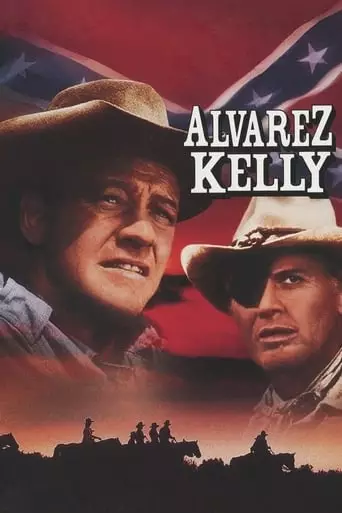
In 1864, during the American Civil War, Mexican cattleman Alvarez Kelly supplies the Union with cattle until unexpected circumstances force him to change his customers.
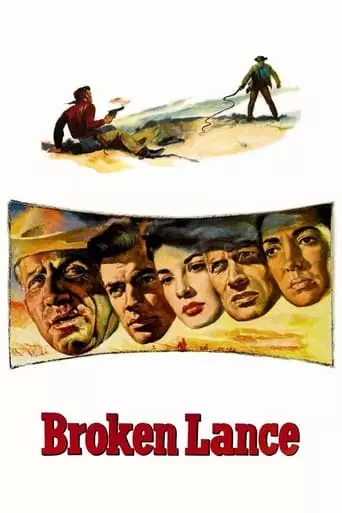
Cattle baron Matt Devereaux raids a copper smelter that is polluting his water, then divides his property among his sons. Son Joe takes responsibility for the raid and gets three […]
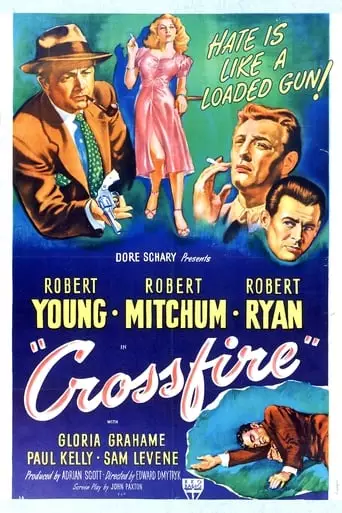
A man is murdered, apparently by one of a group of soldiers just out of the army. But which one? And why?
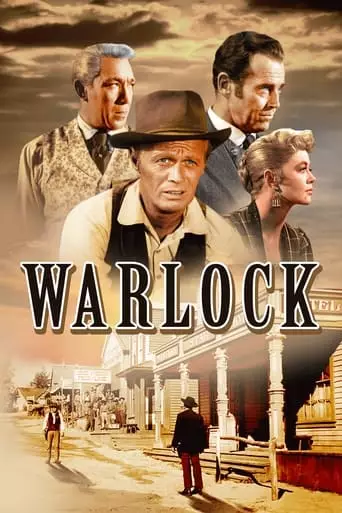
A band of murderous cowboys has imposed a reign of terror on the town of Warlock. With the sheriff humiliatingly run out of town, the residents hire the services of […]
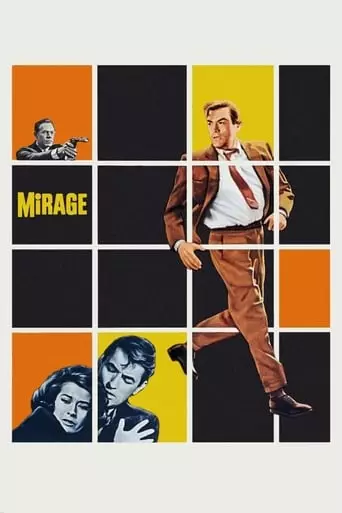
In New York City, David Stillwell struggles to recover his memory before the people who are trying to kill him succeed. Who is he, who are they, and why is […]
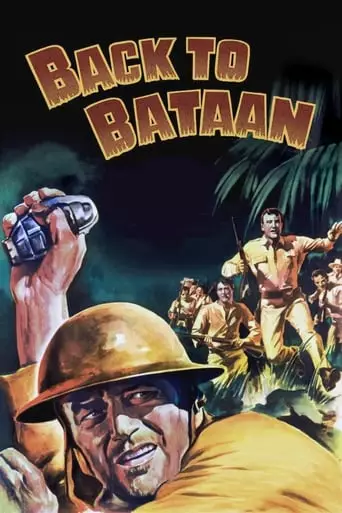
An Army colonel leads a guerrilla campaign against the Japanese in the Philippines.

Allied forces land at Anzio unopposed but instead of moving straight inland their commanding officer decides to dig in. A battle-hardened war correspondent borrows a jeep and drives to Rome […]
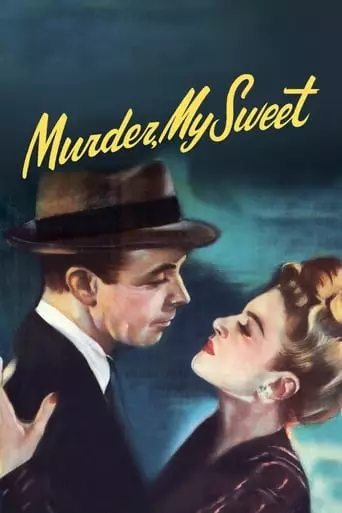
After being hired to find an ex-con’s former girlfriend, Philip Marlowe is drawn into a deeply complex web of mystery and deceit.
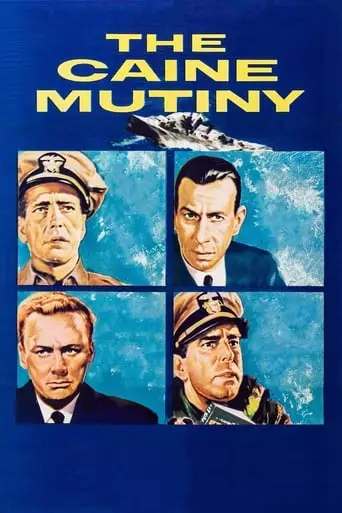
When a US Naval captain shows signs of mental instability that jeopardize his ship, the first officer relieves him of command and faces court martial for mutiny. The Caine Mutiny […]
Edward Dmytryk: A Hollywood Survivor and Visionary Director
Edward Dmytryk (1908–1999) was a prolific American filmmaker whose career was as complex as the stories he brought to the screen. Known for his work in film noir, war dramas, and socially conscious narratives, Dmytryk directed classics such as Murder, My Sweet (1944), Crossfire (1947), and The Caine Mutiny (1954). His career, however, was marked by controversy during the McCarthy era, when he became one of the infamous Hollywood Ten before renouncing his past affiliations and cooperating with the House Un-American Activities Committee (HUAC).
Early Life and Career Beginnings
Edward Dmytryk was born on September 4, 1908, in Grand Forks, British Columbia, Canada, to Ukrainian immigrant parents. Raised in California after his family moved to the United States, Dmytryk grew up in Los Angeles, where he developed an early passion for cinema.
Starting as a film editor at Paramount Pictures, Dmytryk honed his storytelling skills in the cutting room. His work as an editor provided a foundation for his efficient narrative style when he transitioned to directing in the 1930s.
Breakthrough with Film Noir
Dmytryk’s rise to prominence came with his contributions to the burgeoning film noir genre during the 1940s:
Murder, My Sweet (1944):
Adapted from Raymond Chandler’s novel Farewell, My Lovely, this film redefined the screen persona of actor Dick Powell, casting him as the hardboiled detective Philip Marlowe.
Significance: Considered one of the defining works of film noir, it showcased Dmytryk’s mastery of shadowy visuals, atmospheric tension, and morally ambiguous characters.
Crossfire (1947):
A groundbreaking noir that tackled the issue of anti-Semitism within the framework of a murder mystery.
Accolades: Nominated for five Academy Awards, including Best Picture and Best Director.
Legacy: One of Hollywood’s first films to address prejudice, it cemented Dmytryk’s reputation as a socially conscious filmmaker.
The Hollywood Ten and Blacklisting
In 1947, Dmytryk became one of the Hollywood Ten, a group of writers and directors who refused to testify before the HUAC about alleged communist affiliations. He was blacklisted and served four months in prison for contempt of Congress.
Facing financial and professional ruin, Dmytryk made the controversial decision to cooperate with HUAC in 1951, naming names and denouncing his former political associations. This decision alienated him from many of his peers but allowed him to resume his directing career.
Post-Blacklist Career and Resurgence
After his cooperation with HUAC, Dmytryk returned to directing, focusing on mainstream projects that showcased his technical skill and storytelling prowess:
The Sniper (1952):
A taut psychological thriller about a mentally disturbed gunman.
Impact: Lauded for its ahead-of-its-time exploration of mental illness and urban violence.
The Caine Mutiny (1954):
An adaptation of Herman Wouk’s Pulitzer Prize-winning novel, starring Humphrey Bogart as the unstable Captain Queeg.
Accolades: Nominated for seven Academy Awards, including Best Picture.
Themes: Explored authority, loyalty, and moral responsibility, reflecting Dmytryk’s ability to handle complex material.
Raintree County (1957):
A Civil War-era romantic drama starring Montgomery Clift and Elizabeth Taylor.
Production: Notable for its ambitious scope and use of Technicolor, though the film received mixed reviews.
Recurring Themes and Style
Dmytryk’s films often dealt with issues of morality, social justice, and psychological conflict:
Social Commentary: Many of his works, such as Crossfire and The Young Lions (1958), addressed themes of prejudice, war, and personal accountability.
Visual Style: He embraced the chiaroscuro lighting and dramatic compositions of film noir, creating moody, evocative atmospheres.
Narrative Efficiency: Dmytryk’s background as an editor informed his economical storytelling and tight pacing.
Later Career and Legacy
In the 1960s and 1970s, Dmytryk shifted to international co-productions and epics, including:
The Carpetbaggers (1964):
A sensationalist drama based on Harold Robbins’s novel, which became a box-office hit.
Shalako (1968):
A Western starring Sean Connery and Brigitte Bardot, showcasing Dmytryk’s versatility in handling diverse genres.
In addition to his filmmaking, Dmytryk authored several books on directing and film theory, sharing insights into his craft and experiences.
Controversy and Reappraisal
Dmytryk’s decision to testify before HUAC remains a polarizing aspect of his legacy. While some view his cooperation as a pragmatic move to save his career, others see it as a betrayal of his peers and principles.
Regardless of the controversy, his contributions to cinema, particularly in the noir and drama genres, remain highly regarded.
Conclusion
Edward Dmytryk’s career reflects both the heights of artistic achievement and the complexities of navigating Hollywood’s political landscape. From the shadowy intrigue of Murder, My Sweet to the moral dilemmas of The Caine Mutiny, his films resonate with a timeless power. Despite the controversies that marked his life, Dmytryk’s work endures as a testament to his skill as a storyteller and his ability to explore the darker corners of human experience.